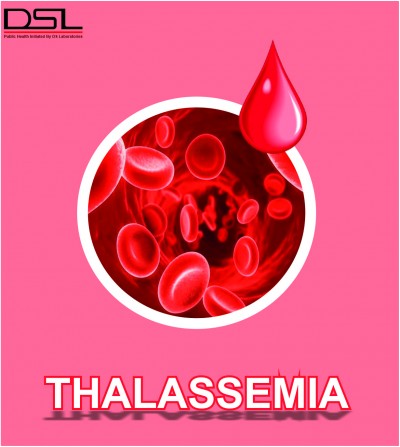


Thalassemia is an inherited blood disorder i.e. passed from parents to children via genes. Thalassemia is caused when the body is unable to make enough hemoglobin, a protein molecule in red blood cells that carries oxygen in the body.
Thalassemia and hemophilia both are inherited blood disorder but the root cause is different. Hemophilia caused by lack of blood clotting factor proteins while thalassemia caused by lack of hemoglobin.
Cause:
Thalassemia is a genetic abnormality that is inherited from parents and causes an abnormality or mutation in one of the genes responsible for hemoglobin production. The severity of thalassemia depends on parents if only one parent is a carrier, then the person only develops a form of disease known as thalassemia minor and if both parents are carriers, then there is more chance to inherit with a serious form of disease.
Types:
Hemoglobin contains two types of proteins like alpha and beta that’s why thalassemia mainly is of two types:
Alpha thalassemia- When body is unable to produce enough alpha protein.
Beta thalassemia- When body is unable to produce enough beta protein.
Symptoms:
There are various types of signs and symptoms but most common are:
Fatigue
Weakness
Slow growth
Dark urine
Pale or yellowish skin
Enlarged spleen
Poor appetite
Treatment:
Some treatments are like:
Blood transfusion
Bone marrow transplant
Medications and supplements
Surgery to remove spleen or gall bladder.
Reference:
https://www.webmd.com/a-to-z-guides/what-is-thalassemia
https://www.medicalnewstoday.com/articles/263489#treatment
https://www.healthline.com/health/thalassemia#causes
https://www.mayoclinic.org/diseases-conditions/thalassemia/symptoms-causes/syc-20354995